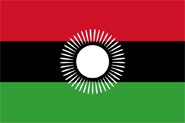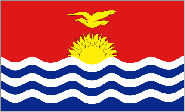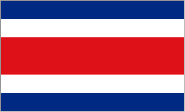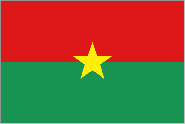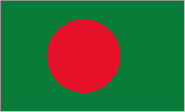Source of Funds Pipeline
Taxonomy Term List
Capacity Development for Implementing Rio Conventions in Samoa
Samoa ratified the three major Multilateral Environment Agreements (Conventions) in the early 1990s (UNCBD in1994, UNFCCC in 1994 & UNCCD in 1998). Since then, Samoa has been committed to both environmental management and implementing global Conventions. However Samoa struggles to fulfill its obligations as a result of a number of challenges such as sector coordination, fragmentation of data management systems, consistent regulatory framework, land synergies between our development objectives and environmental processes.
In direct response to these issues this UNDP-supported, GEF-Trust Fund financed project, Capacity Development for Implementing Rio Conventions in Samoa, aims to build support onto and into existing and planned initiatives, thereby achieving global environmental benefits at optimum cost.
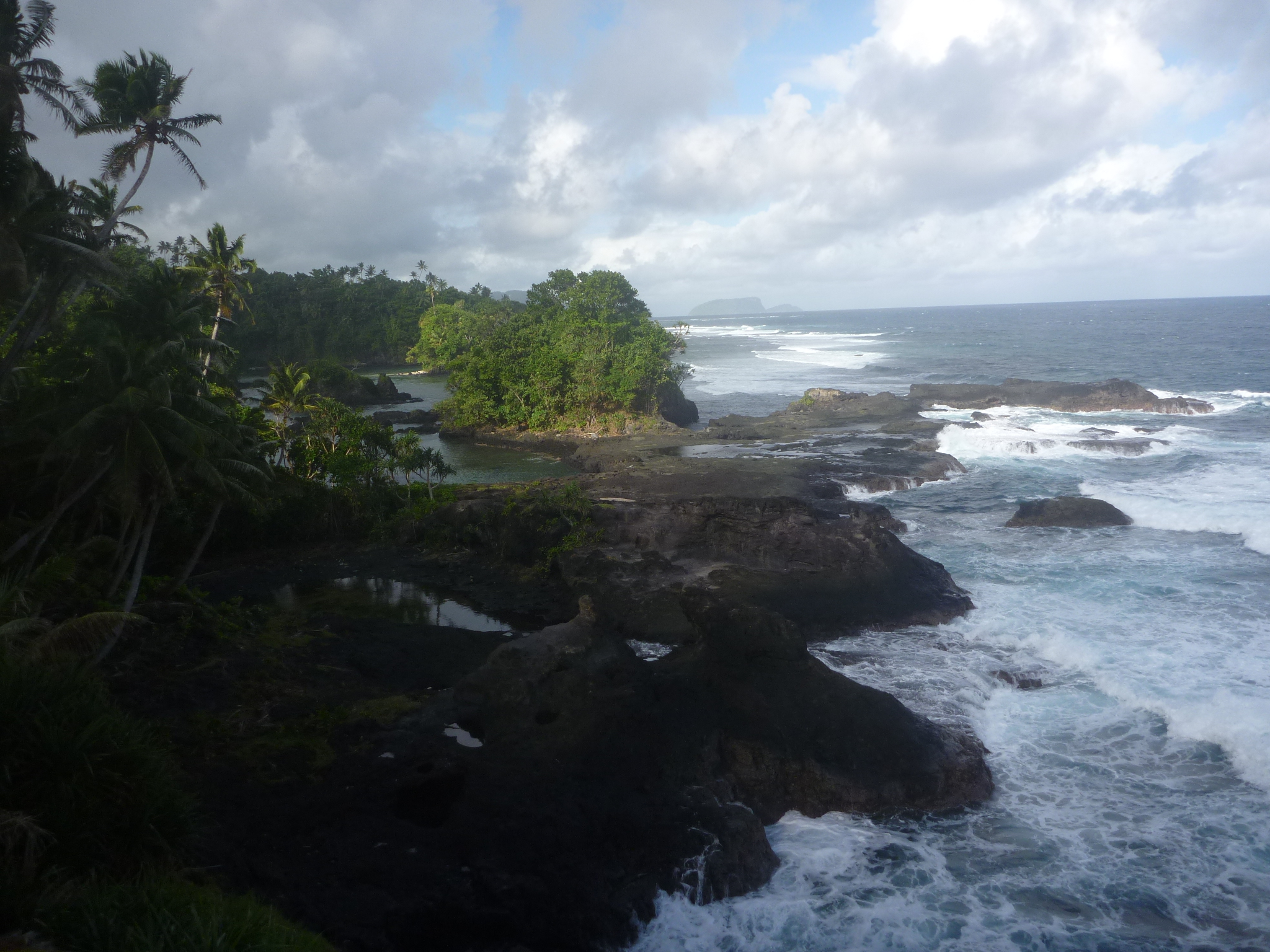
PIFs
Samoa – GEF Trust Project Identification Form (11 December 2012)
(More information to come)
The project has the three main objectives with the following associated outcomes –
- Tools and mechanisms for implementing Rio Conventions are developed. This includes capacity strengthening of Ministry of Natural Resources and Environment (Corporate services /GEF) to cover all Rio Conventions (Output 1.1) and; Strengthening of existing policies and legal frameworks for the effective implementation of convention obligations (Output 1.2).
- Tools and mechansims for public awareness raising and information management are developed through the use of existing strategies by government to fulfill Rio conventions obligations (Output 2.1); Upgrading of existing Resource Information Center and centralized, on-line, coordinated data and information facility to share and disseminate information on the 3 Rio Conventions (Output 2.2); Setting-up of an online system to catalogue, share and disseminate information (Output 2.3) and; Generating public awareness that facilitates the participation of local populations in national efforts to implement Rio Conventions (Output 2.4).
- Mainstreaming Rio Conventions into development sectors including integration of the Rio Conventions into the Samoa Development Strategy 2012 - 2016 (Output 3.1); Updating the State of the Environment Plan to continue contributing to associated sector plans, such as tourism, agriculture, health, education (Output 3.2) and; Continuation of timely reports of Samoa’s obligations to to the Rio Conventions (Output 3.3).
(More information to come)
(More information to come)
Climate proofing local development gains in Machinga and Mangochi Districts of Malawi
Malawi’s high dependency on rainfed, maize dominated agriculture, combined with poor urban planning in rural towns makes 85% of its populations highly vulnerable to climate change induced droughts, floods and post harvest grain losses. Between 1967 and 2003, 18 floods were recorded killing at least 570 people, rendering 132,000 homeless, and affecting a total of 1.8 million people.
This GEF-LDCF funded, UNDP-supported project will help facilitate the use of an integrated package of ecological, physical and policy measures to reduce climate change related risks and improve the effectiveness of the baseline initiatives in Mangochi and Machinga Districts, in the upper Shire Basin.
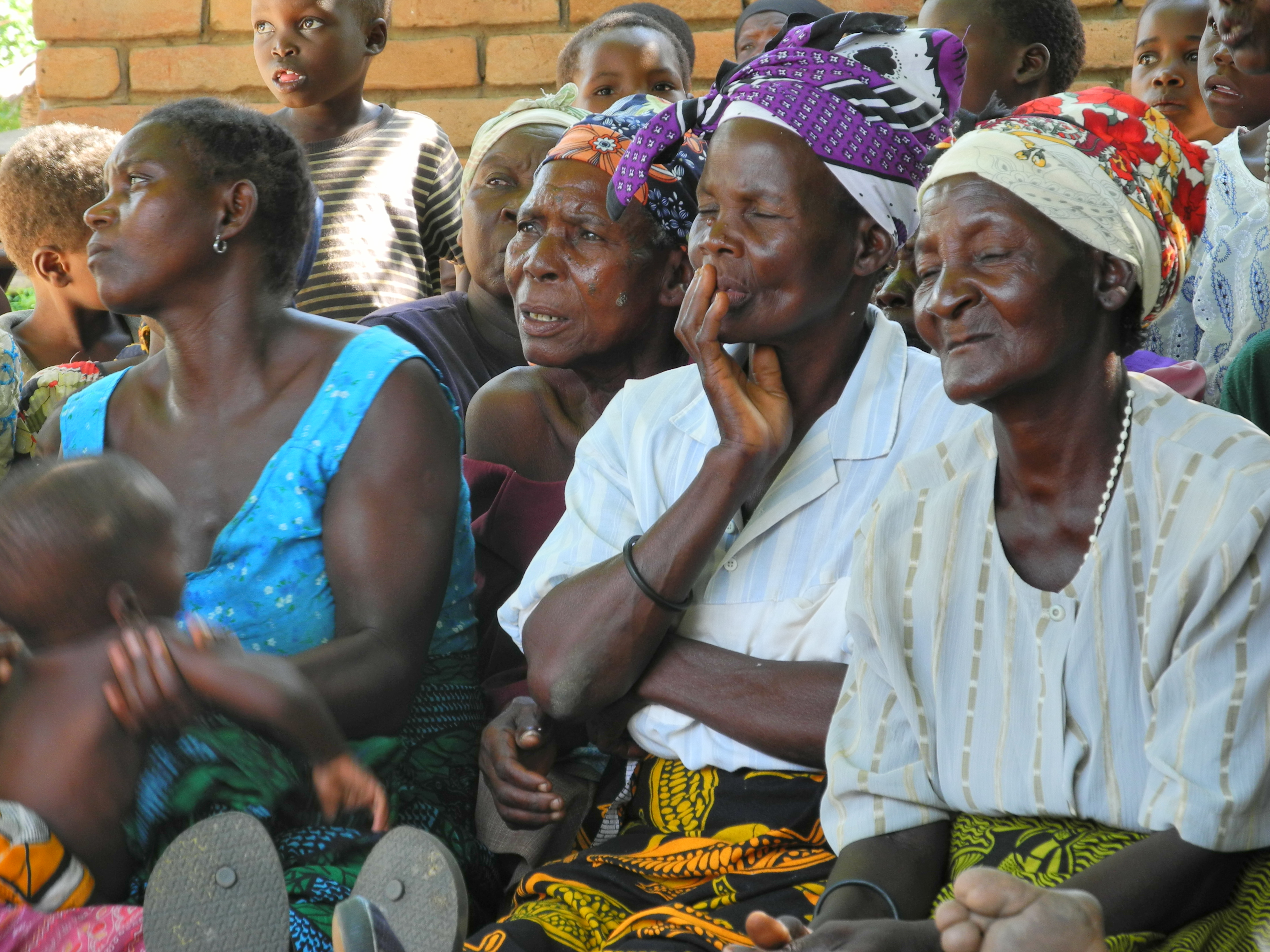
PIFs
Malawi – LDCF Project in Machinga and Mangochi Districts, Project Identification Form (16 April 2012)
(More Information to come)
The project has two main components with the following associated outcomes –
Ecological and physical works demonstrated as climate smart measures for water, soil fertility and post harvest management practices. This component includes the distribution of public and domestic water harvesting and storage facilities (Outcome 1.1); Landscaping and adoption of other measures that complement physical water management infrastructure to reduce risk of climate change induced floods (Outcome 1.2) and; Adoption of climate safe post harvest management technologies and practices (Outcome 1.3)
Upscaling results from the previous component to transform local and national implementation of the baseline programmes, upscaling the resilience of the productivity gains and decentralized development processes. This includes capacity development of district level technical officers to support implementation, maintenance and monitoring of the activities (Outcome 2.1) and; Pilot projects to strengthen policies and policy enforcement for climate consideration in development (Outcome 2.2)
(More Information to come)
(More Information to come)
Malawi: UNDP Impressed With Project Implementation in Mangochi
The United Nations Development Programme (UNDP) says it is impressed with how Mangochi District Council is implementing the Climate Proofing Project which aims at protecting the environment. UNDP Portfolio Manager responsible for Resilience and Sustainable Growth in Malawi, Andrew Spezowka made the remarks Monday when officials from UNDP and government visited the district for mid-term project review. Through the project, the council and communities have established irrigation schemes with solar powered pumps, planted trees along the river banks, build dikes to prevent river flooding and promoted natural regeneration in bare areas. The project has also installed a biogas plant at Mangochi prison. The technology which uses human waste to generate bio-energy will see the institution reducing demand for firewood.
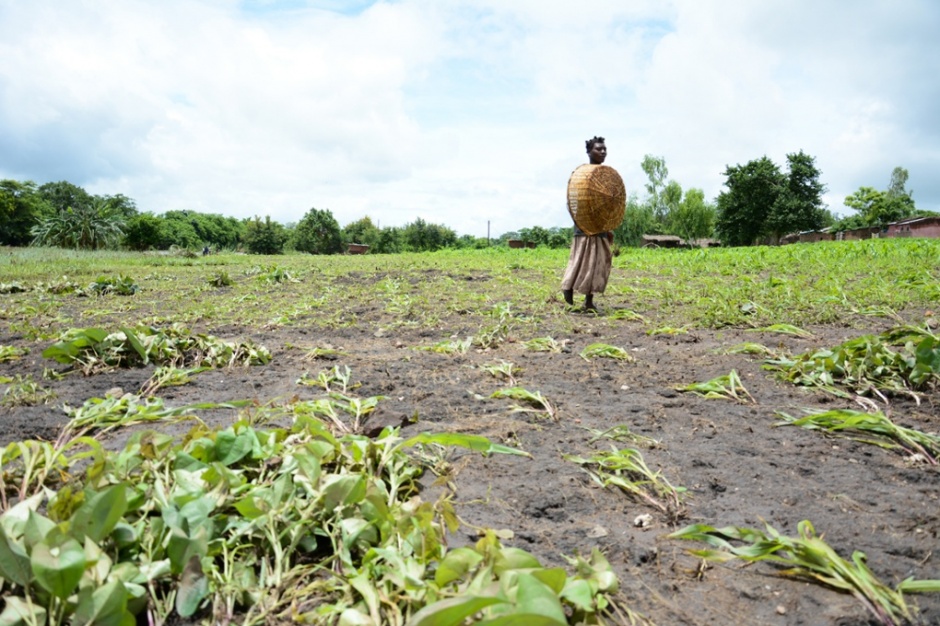
Integrating Global Environmental Priorities into National Policies and Programmes in Kiribati
Over the years, the government of Kiribati has demonstrated its commitment to the global environmental agenda as it struggles to address national issues and priorities. Kiribati has developed a number of national environment strategies and plans that address its obligations under various MEAs. However, there exist gaps in national environmental policies and legislation, training, education, and public awareness as well as coordination among government agencies key for effective implementation of the Rio conventions.
With its focus on strengthening Kiribati's environmental management information system (EMIS), this UNDP-supported project, Integrating Global Environmental Priorities into National Policies and Programmes in Kiribati, will address the challenges of improving and enforcing environmental policies and legislation and help integrate environmental issues into national and sector strategies and plans among other goals.
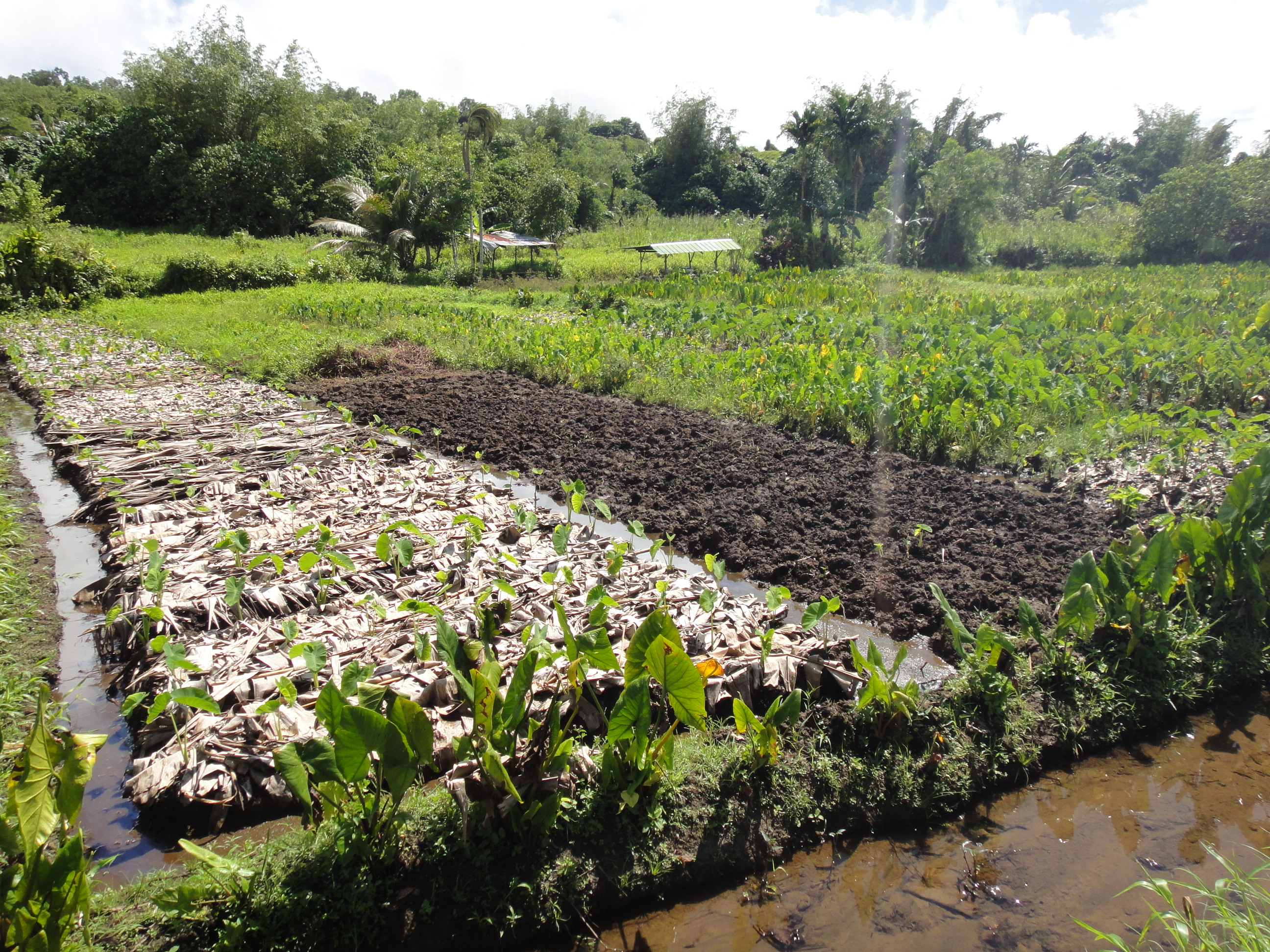
PIFs
More Information to come...
The two major outcomes of this project are –
- The development of an Environmental Management Information System (EMIS) including a SWOT and Gap analyses of existing databases and management information systems (Outcome 1.1); Formulation of benchmarks central for data generation (Outcome 1.2); Formulation of a strategic plan for institutional reforms to create an EMIS (Outcome 1.3); Identification and training on the use of new and improved tools and technologies for collecting and managing harmonized environmental data/information (Outcome 1.4) and; Launch of a public awareness campaign on the value and need for an EMIS (Outcome 1.5)
- The development of an Environmental Indicators and Compliance Monitoring System (CMS) including creation of harmonized environmental indicators (Outcome 2.1); Establishing best practice methodologies and training on the application of environmental indicators (Outcome 2.2); Development of software and information technology to track environmental indicators (Outcome 2.3); Development of the CMS in a structured manner to track environmental indicators (Outcome 2.4) and; Institutionalization of the CMS within planning and decision-making authorities at the technical and ministerial levels (Outcome 2.5).
More Information to come...
More Information to come...
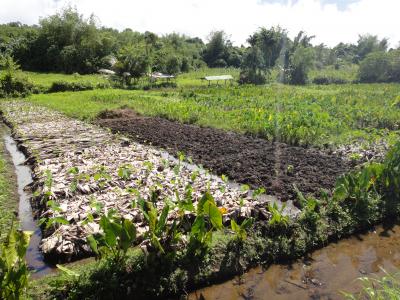
Strengthening the Environmental Management Information System for Coastal Development in Cote d’Ivoire
At present, the environmental information on which development agents base their decisions is incomplete, outdated, unavailable, or inaccessible in Cote d’Ivoire. Together with the weak capacities of managing data and information, it has had the unintended consequence of suboptimal decisions on natural resource management, especially related to biodiversity, increased impacts on climate change, and accelerated land degradation. Hence, there is a need to strengthen the national capacity to ensure national sustainable development through improved monitoring and information management for better environmental policy development.

PIFs
More information to come...
The outcomes for the project are –
- Environmental Management Information System (EMIS) for decision making on coastal zone development will be created to update understanding of data and information needs, with particular reference to coastal zone management (Outcome 1.1); Strengthen the existing databases on coastal zone management (Output 1.2); Strengthen the organizational capacities of the MINEDD and relevant structures for cost-effective management of the coastal development EMIS (Outcome 1.3); Identify guidelines, lessons learned, best practices, models and other knowledge management tools (Outcome 1.4); Conducting training on collection and use of environmental data (Outcome 1.5); Create open and secure Internet-based EMIS (Outcome 1.6) and; Develop EMIS financial sustainability plan (Outcome 1.7).
- Piloting the use of improved environmental information systems for better decision making related to coastal zone management. This will be achieved through carrying out an institutional analysis of governance structures and consultative processes on coastal zone management (Outcome 2.1); Institutional reforms of the MINEDD and relevant structures to improve coastal zone management decision-making (Outcome 2.2); Collecting information related to stakeholders and partnership to meet Rio Conventions objectives (Outcome 2.3); Conducting awareness and training campains to institutionalize the use of EMIS into decision-making processes (Outcome 2.4) and; Establishing a system for information exchange and dissemination on integrated coastal zone management (Outcome 2.5).
More information to come...
More information to come...

Capacity-Building for Mainstreaming MEA Objectives into Inter-Ministerial Structures in Costa Rica
The main barriers towards an effective implementation in Costa Rica are twofold: poor policy coordination and inadequate mechanisms to learn and apply best practices. This UNDP-supported project therefore seeks to maximize synergies among the policies, rules and decision-making procedures governing the management of biodiversity, climate change and land degradation, among other environmental issues in Costa Rica.
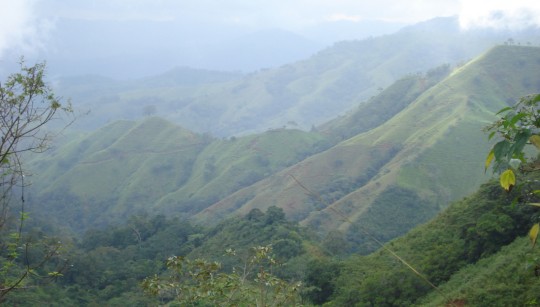
PIFs
The project will maximize synergy in the decision-making process governing the management of biodiversity, climate change and land degradation through the creation of the following –
- Integrated inter-ministerial decision-making process for the global environment through targeted reforms for meeting global environmental objectives (Outcome 1.1); Implementation of governance reforms (Outcome 1.2); Creation of an approved strategy for environmental policy reforms under implementation (Outcome 1.3) and; Strengthening of an inter-ministerial committee to coordinate environmental policies (Outcome1.4).
- Integrating cross-cutting Rio Convention provisions into environmental legislation and regulation by conducting cross-sectoral discussion of targeted environmental legislation and regulation (Outcome 2.1); Review of areas of mutual exclusivity between sectoral and environmental legislation and regulation (Outcome 2.2); Preparation of key amendments to legislation and regulation to be consistent with Rio Conventions (Outcome 2.3) and; Creation of an approved strategy for implementing the legislative and regulatory reforms (Outcome 2.4).
- Management capacities to integrate global environmental priorities into national environmental and development strategies, plans, and programmes. This will be achieved by designing training programmes (Outcome 3.1); Conducting information campaigns targeted to technical staff and decision-makers (Outcome 3.2); Operationalizing an on-going inter-agency collaboration to catalyze and institutionalize technical capacities (Outcome 3.3) and; Strengthening the management capacity of National Focal Points regarding the mainstreaming of MEA objectives (Outcome 3.4).
Generating Global Environmental Benefits from Improved Local Planning and Decision-making Systems in Burkina Faso
The project aims to address the inherent complexity and challenges that development institutions face when addressing global environmental issues. It aims to catalyze the mainstreaming of multi-lateral environmental agreements into development paths and processes in Burkina Faso by addressing key capacity gaps. This is to be achieved by strengthening information management systems and by providing capacity development support to local planning and development processes.
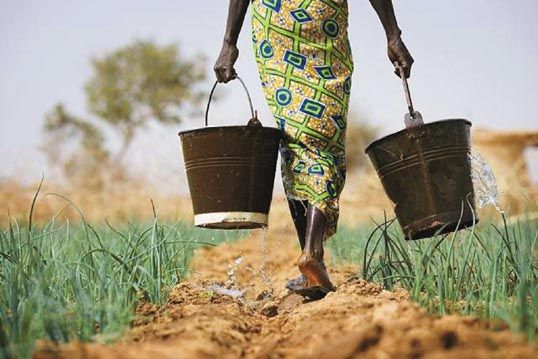
PIFs
The project outcomes are as follows –
- Functioning, sustainable system for collecting, analyzing, storing and making available accurate and reliable data related to all three Rio Conventions – this will be achieved through the design of the data/information management system (Outcome 1.1); Improved protocols and standards for data collection (Outcome 1.2); The Environmental Observatory technically and materially strengthened to provide a coordinated and sustainable information collection and storage mechanism (Outcome 1.3) and; Collection of a set of cross-cutting global environment knowledge materials covering all three Conventions (Outcome 1.4)
- Enhanced institutional capacities to plan and implement development processes that contribute to implementing the Rio Convention – through development of a manual with guidelines on mainstreaming biodiversity, climate change, desertification, disaster management and wetlands management into key development planning and processes (Outcome 2.1); Training a large cadre of experts on the use of such a manual (Outcome 2.2); Practical application of the manual and guidelines to modify development programmes (Outcome 2.3); Global environmental benefits accruing from the implementation of the modified plans (Outcome 2.4) and; Legislation to formalize use of the Manual and guideline (Outcome 2.5)
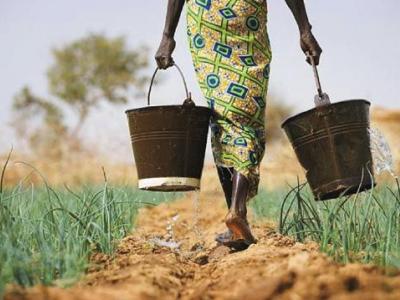
Reducing vulnerability of natural resource dependent livelihoods in Boucles du Mouhoun Forest Corridor and Mare d’Oursi Wetlands Basin in Burkina Faso
With more than 70% of the population live on less than $2 per day, Burkina Faso’s economy is heavily dependent on natural resources. In the riparian areas of the Boucles du Mouhoun Forest Corridor (BdM) and the Mare d’Oursi Wetlands Basin (MdO) approximately 150,000 people are directly dependent on natural assets such water, pasture, forests and fertile soil for a living. The project aims to increase the adaptive capacity and reduce vulnerability of the riparian population through timely dissemination of risk information and strengthening of physical, natural and social assets in the two regions.
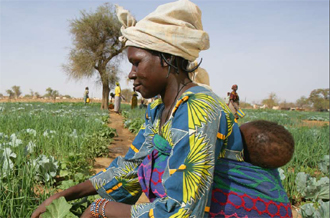
PIFs
The project has three major components with the following expected outcomes –
Component 1 aims at establishing a knowledge support platform on climate change impacts and risks – under this a geo-based climatic, agro-ecological and hydrological information system (Outcome 1.1) will be operational by the end of year 1; approx. 30 national and provincial planners, plus 235 local commune leaders and 50 staff from NGOs/CSOs will be trained on the use and interpretation of analyses from the established information system (Outcome 1.2)
Component 2 deals with the vulnerability reduction and strengthening of resilience in the management of natural and social assets in the project area – this includes cost-effective rewetting and replanting/ protection of indigenous grasses and herbaceous vegetation resilient to significant climatic variance (Outcome 2.1); ensuring flood and erosion control through a “surgical” and climate anticipatory approach (Outcome 2.2); protection of gazetted forests against climate induced bushfire (Outcome 2.3); establishment of an equitable and climate resilient plan for the use of pasture and water resources (Outcome 2.4); demonstration of polyculture and adaptive agro-ecological production systems in communal lands (Outcome 2.5) and; training of local commune leaders and resource users in climate adaptive and anticipatory management of natural and social assets (Outcome 2.6).
Component 3 aims at mainstreaming Climate change adaptation into local and regional development planning and finance. This will be achieved through – integration of climate risk management and climate resilient landscape management into the management (or master) plans of the project area (Outcome 3.1); incorporation of climate resilient poly-culture model into relevant forestry, agricultural and livestock management strategies, plans and investments (Outcome 3.2) and; establishment of wide collaboration frameworks for learning and sharing climate change concerns and options (Outcome 3.3).
National Capacity Development for Implementing Rio Conventions in Bangladesh
Bangladesh is striving to translate its policy of environmentally sustainable development into on-the-ground level actions. This UNDP supported project furthers this objective by improving the performances of local and national institutions to develop an integrated national environmental framework in the three focal areas of – biodiversity, land degradation and climate change.
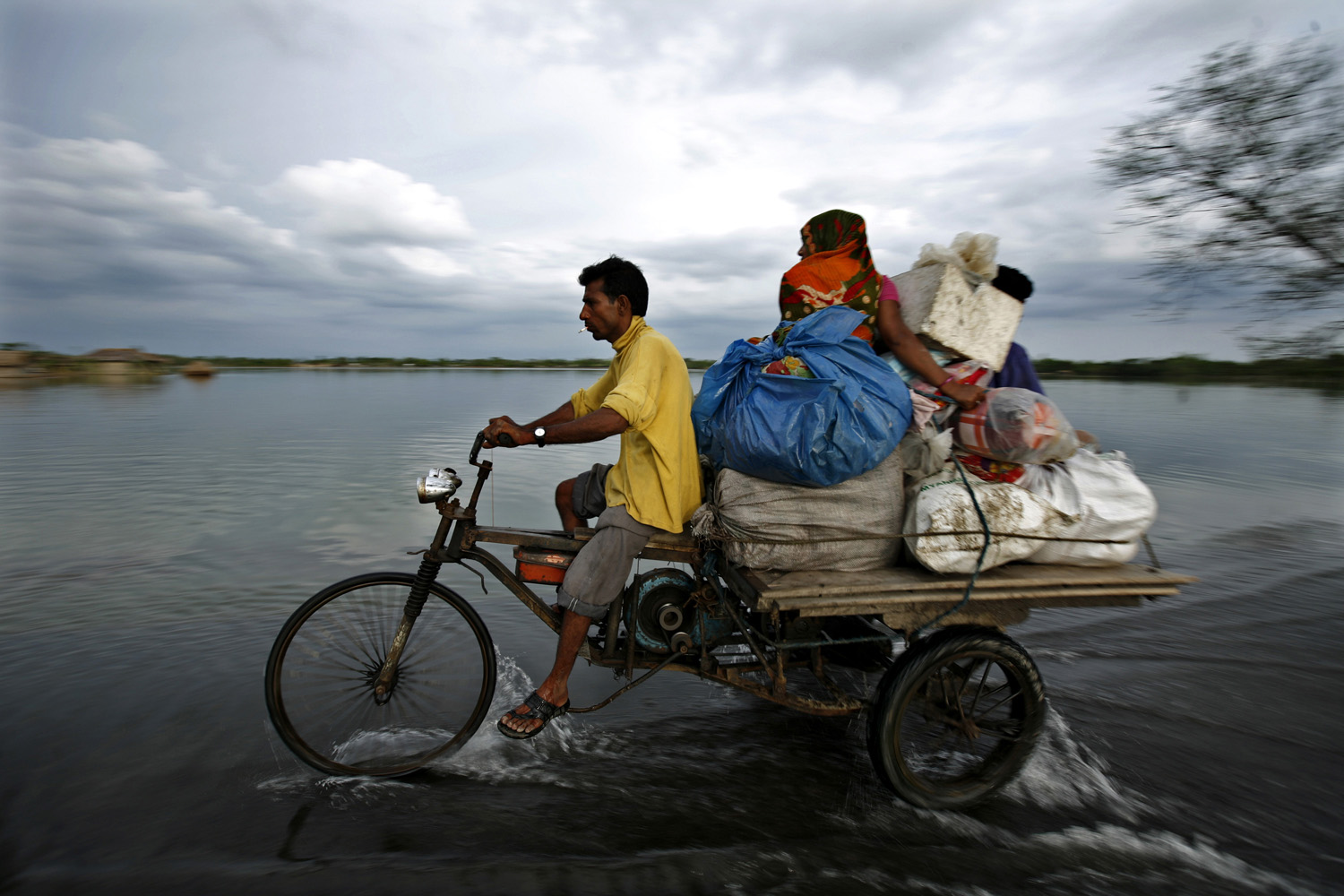
PIFs
The outcomes of this project are
Outcome 1: Global environmental conventions mainstreamed into vocation training and re-training structures for public institutions in Bangladesh. A consortium of the leading national training institutes in the public sector will be enlisted (Outcome1.1) to provide training curricula for training of trainers (TOT) (Outcome 1.2). In addition, the capacity of key staff throughout public institutions will be enhanced through training on various topics (Outcome 1.3)
Outcome 2: Global environmental conventions mainstreamed into human resources development systems for sustainable development practitioners. Training materials related to implementing the Rio Conventions will be developed and disseminated (Outcome 2.1). There will be training related to reporting to the global conventions such as CDM, CBA and REDD (Outcome 2.2).
Outcome 3: Improved multi-sectoral environmental policies and programmes and associated governance structures through generation of new knowledge by monitoring results from local initiatives (Outcome 3.1); improved capacity of national CSOs to monitor natural resources management through collection of empirical data and its use in forming policy brief, advocacy documents, and lobbying tools (Outcome 3.2). Formalised guidance addressing policy preparation and management approaches covering key issues such as coastal area developments, community based NRM, participatory decision making and implementation, etc. (Outcome 3.3)

